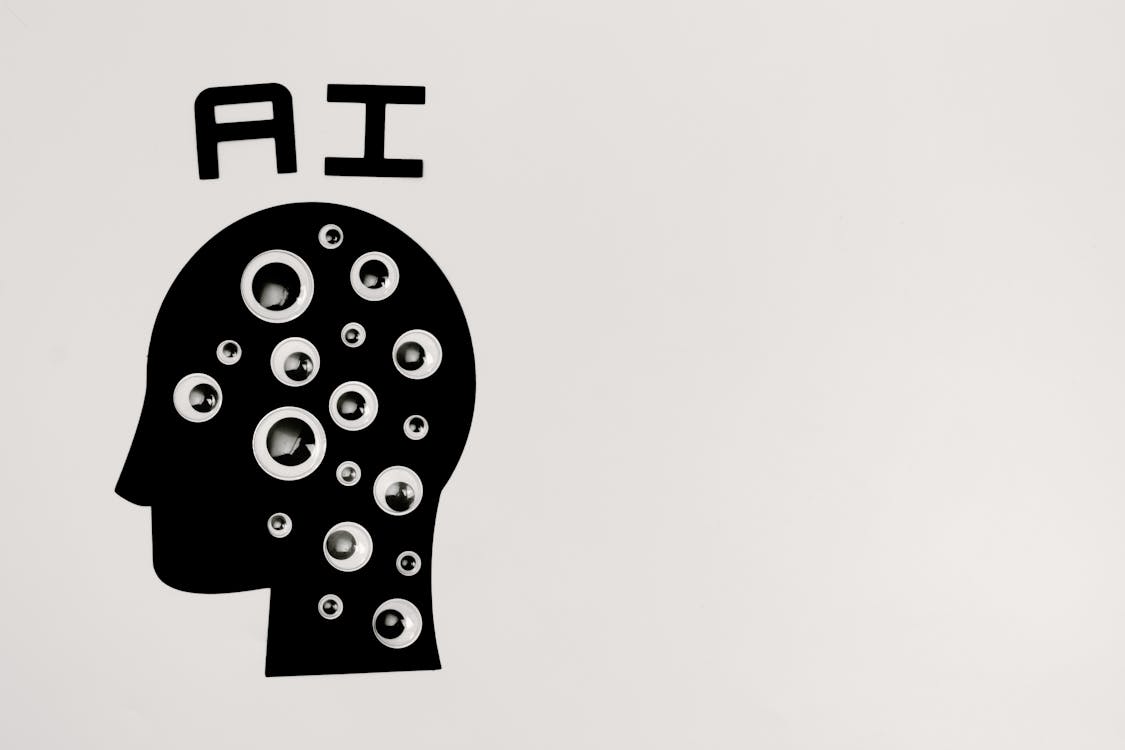Cracking the Code: Unleashing the Power of AI in Web Development

The web development landscape has undergone significant transformations in recent years. One of the most disruptive forces in this arena is Artificial Intelligence (AI). From improving user experience to automating repetitive tasks, AI is reshaping how we build, maintain, and scale websites.
In this blog post, we’ll explore how AI is revolutionizing web development, how you can integrate it into your projects, and the potential benefits it offers.
Table of Contents:
- Introduction: AI in Web Development
- Key Applications of AI in Web Development
- AI-Powered Tools for Web Developers
- The Role of Machine Learning in Web Design
- Automating Testing and Debugging with AI
- Personalized User Experience: The AI Advantage
- AI in SEO: Optimizing Your Website for Search Engines
- AI-Generated Content and Code: The Future of Development
- Challenges and Considerations for AI Integration
- Conclusion: Embracing the Future of AI in Web Development
1. Introduction: AI in Web Development
Artificial Intelligence is no longer a buzzword; it's a driving force behind many industries, including web development. Web developers have begun to harness AI to enhance functionality, boost efficiency, and deliver personalized experiences. But what exactly makes AI a game-changer in this space?
AI has the potential to revolutionize web development by automating tedious tasks, enhancing user engagement, and optimizing performance. Whether you’re building a simple blog or an advanced e-commerce site, the integration of AI can significantly impact your project’s success.
2. Key Applications of AI in Web Development
Let’s look at some practical applications of AI in the world of web development:
- Chatbots: AI-powered chatbots like ChatGPT or Facebook's Wit.ai are transforming customer service by offering instant responses and personalized user interactions.
- Automation: From managing content to conducting tests, AI tools help automate repetitive tasks, allowing developers to focus on more creative and strategic aspects of development.
- Security: AI can detect threats and vulnerabilities more effectively than traditional methods, enabling web developers to create more secure environments.
3. AI-Powered Tools for Web Developers
A variety of AI-powered tools are making web development faster and more efficient:
- GitHub Copilot: This AI tool provides code suggestions and helps developers write code faster by auto-completing statements based on context.
- Figma with AI: Design tools like Figma are incorporating AI features that suggest layout adjustments, optimize design assets, and enhance workflow efficiency.
- Adobe Sensei: This AI platform assists designers and developers by automating tasks like image editing, content tagging, and more.
4. The Role of Machine Learning in Web Design
Machine Learning (ML) is an essential subset of AI that learns from user behavior to make real-time improvements. In web design, ML is particularly useful for:
- User Behavior Prediction: ML algorithms can track how users interact with your site and suggest design elements that can boost engagement.
- Dynamic Design Adjustments: Based on collected data, ML can automatically adjust page layouts or suggest changes that cater to user preferences.
- Data-Driven Decisions: ML can analyze large datasets to provide actionable insights, ensuring your website is optimized for both functionality and user experience.
5. Automating Testing and Debugging with AI
One of the most time-consuming tasks in web development is testing and debugging code. AI can help by automating the process:
- AI-Powered Testing: Tools like Testim and Functionize utilize AI to create test cases and execute them automatically. These tools can even adjust test cases based on previous errors or bugs.
- Debugging: AI can detect and fix bugs more quickly by analyzing code patterns and identifying inconsistencies that humans might miss.
6. Personalized User Experience: The AI Advantage
Personalization is the key to modern web development. AI enables developers to offer users a tailored experience by:
- Analyzing user data: AI tracks user behavior and preferences, offering personalized content recommendations, product suggestions, and targeted ads.
- Customizing layouts: AI can dynamically modify website layouts to match user preferences, enhancing the overall experience.
- Interactive Features: AI-driven tools like voice search and interactive chatbots enhance the user journey, leading to better engagement and higher conversion rates.
7. AI in SEO: Optimizing Your Website for Search Engines
In the competitive world of SEO, AI is becoming a crucial tool for staying ahead. AI-powered platforms like Surfer SEO, MarketMuse, and Yoast help optimize your content by analyzing:
- Keyword density and placement: These tools can suggest the best keywords to use in your content, titles, and metadata to improve your site’s ranking.
- Competitor analysis: AI-driven SEO tools analyze your competitors' content and suggest ways to outrank them by using similar strategies.
- Content structure: AI can suggest the best ways to structure your content to make it more SEO-friendly, ensuring you rank higher in search results.
8. AI-Generated Content and Code: The Future of Development
With AI-generated content and even code, the future of web development looks more efficient than ever. Some AI tools are now capable of:
- Writing blog posts and articles: Tools like Jasper and Copy.ai can generate human-like text based on specific guidelines, making content creation faster and easier.
- Generating code: AI tools like Tabnine can write code snippets or even entire functions based on a few inputs from the developer.
While AI can never fully replace the human touch in writing or coding, it can certainly speed up the process and reduce the workload for web developers.
9. Challenges and Considerations for AI Integration
While AI offers numerous benefits, there are challenges to consider:
- Cost: Some AI tools are expensive, particularly for smaller businesses or freelance developers.
- Learning Curve: Incorporating AI into your web development process requires learning new tools and understanding how they work.
- Ethics and Privacy: AI algorithms rely on data to function effectively. Ensuring that data is collected and used ethically is a significant concern for developers.
10. Conclusion: Embracing the Future of AI in Web Development
AI in web development is more than just a trend; it’s the future. From improving user experiences to automating tedious tasks, AI is enabling developers to work smarter, not harder. By leveraging AI in your projects, you can improve productivity, create more dynamic websites, and stay ahead in the ever-evolving world of web development.
As AI continues to evolve, so will its impact on web development. Cracking the code now could give you a competitive advantage and set you on a path to success in the digital age.






